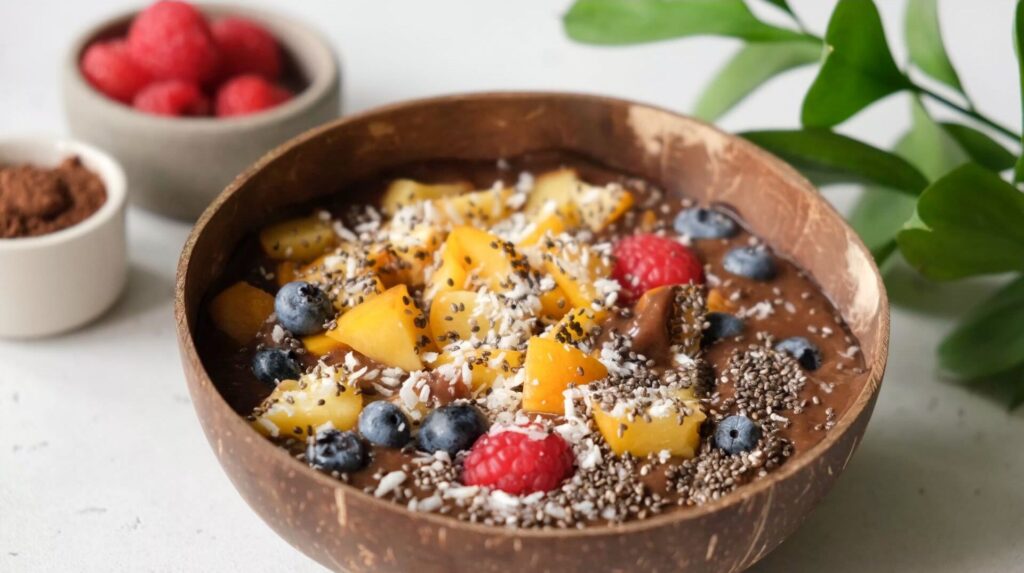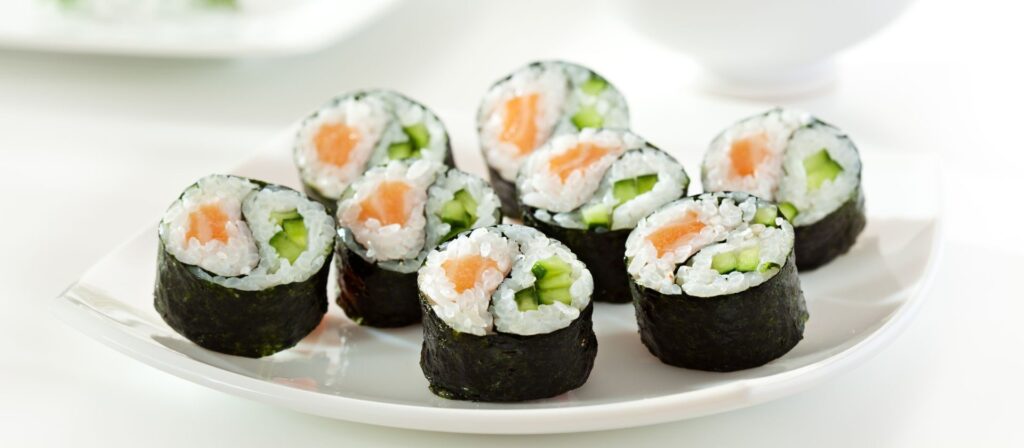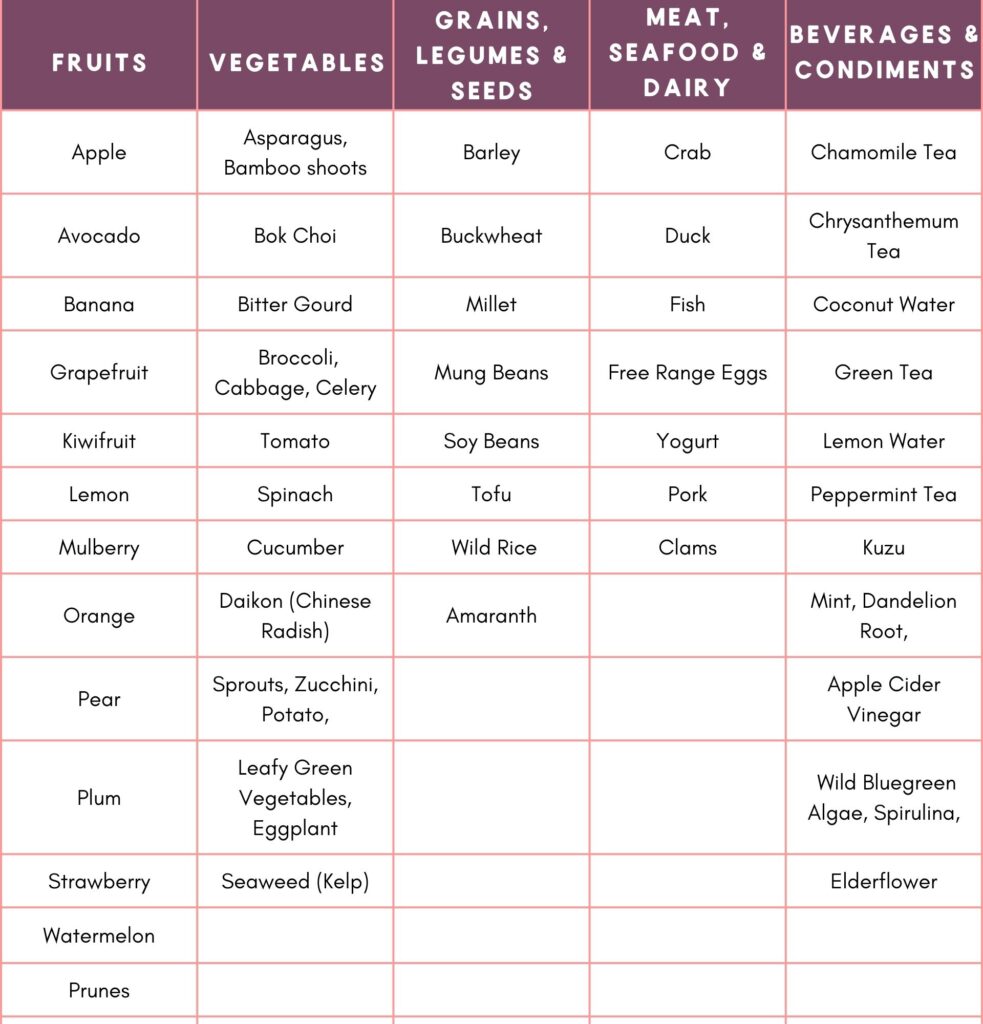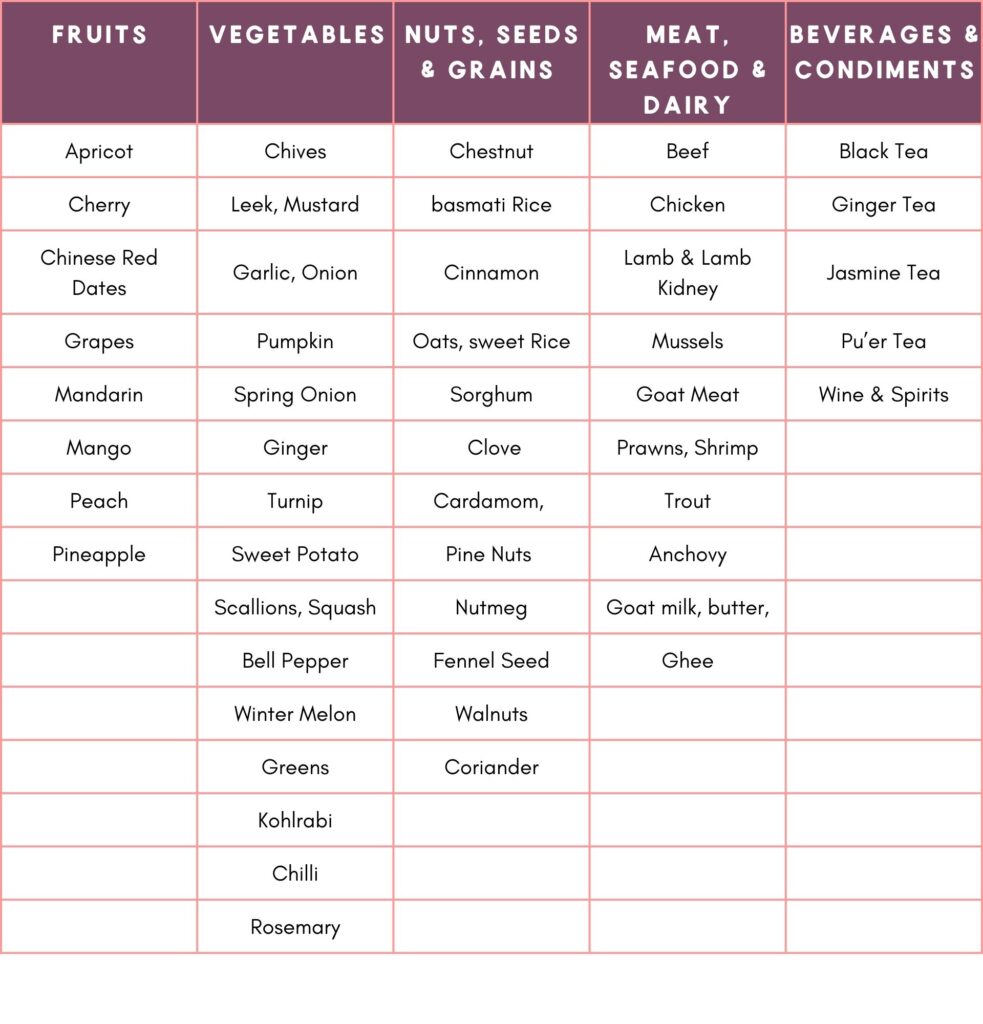The TCM Longevity Diet – Food as medicine
When it comes to eating for health and longevity you should consider the longevity diet a lifestyle change and not a ‘quick fix’ This diet consists of balancing foods to achieve maximum health and happiness and focuses on eating real, whole foods. Real food doesn’t have a list of ingredients on the packet! You should choose fresh, unprocessed foods grown locally, seasonally, and organic whenever possible. Ditch highly processed foods, sugar, and hydrogenated vegetable seed oils.
Balance, Rhythm and Harmony
Chinese medical practitioners are concerned with the maintenance of health. They teach a correct diet, proper attitudes and healthful lifestyles. The Nei Jing says, “To administer medicine after an illness begins is…like digging a well after becoming thirsty or casting weapons after a battle has been engaged.”
Keep a balance between the five tastes; sweet, salty, bitter, sour, and hot. You do not need to be vegetarian. Meat should however be of high quality (organic is best), eaten in moderation, and balanced with whole grains and vegetables. Raw food diets are fine for cleansing the system but they are not a good long-term proposition.
No more than a third of your diet should be raw except in very hot weather. Avoid ice cream and any food or drink straight from the refrigerator, as cold impairs the ability of the spleen, stomach, and kidney functions. You should cut down on dairy products, particularly if you suffer from asthma or allergies.
Eat the following foods in moderation:
Meat, animal fat, eggs, poultry, dairy products (including butter, yogurt, ice cream, milk, and cheese), refined sugars, vanilla, chocolate, molasses, honey, other simple sugars, and foods treated with them. Tropical fruits and fruit juices, artificial drinks, coffee, and coloured tea. All artificially coloured, preserved, sprayed, or chemically treated foods. All refined and polished grains, flours, and their derivatives. Mass-produced industrialized food including all canned, frozen, and irradiated foods. Hot spices, any aromatic stimulating food or condiment, artificial vinegar, and strong alcoholic beverages.

The Shin Do Fuji Principle.
The most advanced and evolved food is said to be whole cereal grains. Grains are botanically unique in that fruit and seed are one and the same; hence, they are at the center of the food spiral. George Ohsawa described grains as the most balanced food for humans. He supported this idea with scientific evidence showing that the potassium-sodium ratio of grains closely approximates that found within and surrounding a human cell. The Chinese ideogram for rice is an image of balance in itself.
The western view of health is the lack of symptoms or discomfort. Many so-called “imbalances” can go unchecked until the person starts to manifest a state of illness, at which point a pathogen is looked for and drugs are prescribed.
East/West Comparison: Diet Principles In the west, the value of food is determined by the presence of proteins, carbohydrates, fats, vitamins and minerals. Food is discussed in terms of being fresh, unrefined, without artificial ingredients, or too high in cholesterol, calories, sugar and salt. In the east, who we are determines what is most beneficial for us to eat. Food and people are understood within the language of yin-yang and the phases of the five elements. Foods are selected on the basis of their correspondence with individual patterns, modified by the climate, season and acute illness.
The Yin – Yang Philosophy
The traditional Chinese Yin-Yang theory explains that everything in the universe can be divided into these two opposite but complementary aspects of Yin and Yang. It is a crucial part of finding inner balance. Each type of food has its own unique characteristics. For many years traditional Chinese medicine practitioners have used the warming and cooling nature of foods to balance the body’s yin and yang, and to prevent or treat disease. Yin foods are better for certain body constitutions, and establishing balance, while Yang foods are better for others. Neutral foods are thought to bring balance to your body regardless of your constitution.
Your constitution relates to what you were born with and cannot change. This includes your height, the size of your hands, feet, eyes, ears, nose, lips, hair and eye colour, etc.
Your condition relates to what you have made of your constitution. Your condition is the part that you can change. How you nourish your body and your lifestyle will affect your condition, including; your current level of health, your weight in relation to your height and build, skin, pulse, tongue colour, teeth structure, etc.
Another indication of your balance or imbalance is your emotional and mental state. Emotional well-being requires self-acceptance, a satisfying vocation, and loving and open relationships with friends and family. An emotional imbalance affects our digestion so achieving emotional well-being may mean making different life choices.

Cooling foods
Cooling foods have the effects of clearing heat and toxins, cooling and calming the blood, and nourishing yin. These types of food are suitable for people who have a heat constitution of the body, with symptoms such as: feeling hot and thirsty with a reddish complexion, prefers cold drinks and cold weather, constipation, strong smelling wind and stools, anxiety, red eyes, red face, headaches, ulcers in the mouth or tongue, cold sores around the mouth, heartburn and dark urine.
Cooling foods suitable to balance this constitution are

warming foods
Warming foods have the effects of increasing the yang, energy (qi) of the organs and improving circulation and dispelling the cold. Warming foods are suitable for people with people who are yang deficient and a cold constitution. With the following symptoms
Has cold hands, feet, and body and prefers hot drinks and foods, has pale or whitish complexion, Has clear urine and soft stools, stomach pains or discomfort after eating or drinking cold things, bloating after eating, lack of energy, sore joints, oedema, and fluid retention.
If you identify with any of these yang deficiency symptoms, it is recommended that you eat more of the following warming foods

Seasons and the climate
Seasonal changes and climates have a significant effect on the physiological functions and pathological changes of the body. Eating with the seasons is especially beneficial to our gut health, which is known as our second brain.
In Chinese medicine, each season is associated with different elements and foods that will strengthen your health and well being. For example, autumn is linked to the metal element and the lungs, skin, and respiration. As the colder weather approaches, we are more susceptible to dry throats, noses, and chapped lips. To keep our bodies from becoming too dry, TCM suggests eating more sour flavors, which include apples, grapefruit, and lemons. They also promote eating more cooked foods after the September equinox. There is a reason we naturally move from eating salads to soups and stews. Hot, cooked, and spicy foods will help support the immune system’s defence against colds and flu
This is just a sample of how you can eat for longevity. If you would like to learn more about how food can influence and support your health and healing, get in touch and book a consultation. Together we can develop a “food as medicine” coaching program for your diet and lifestyle.
